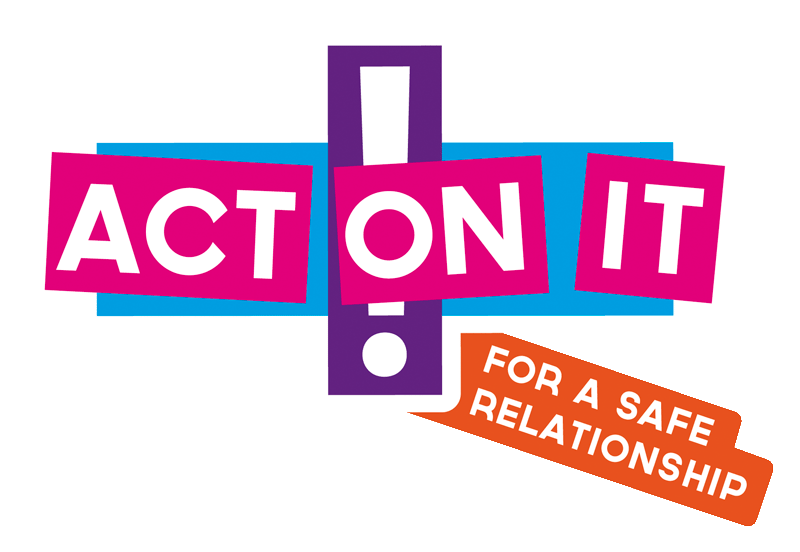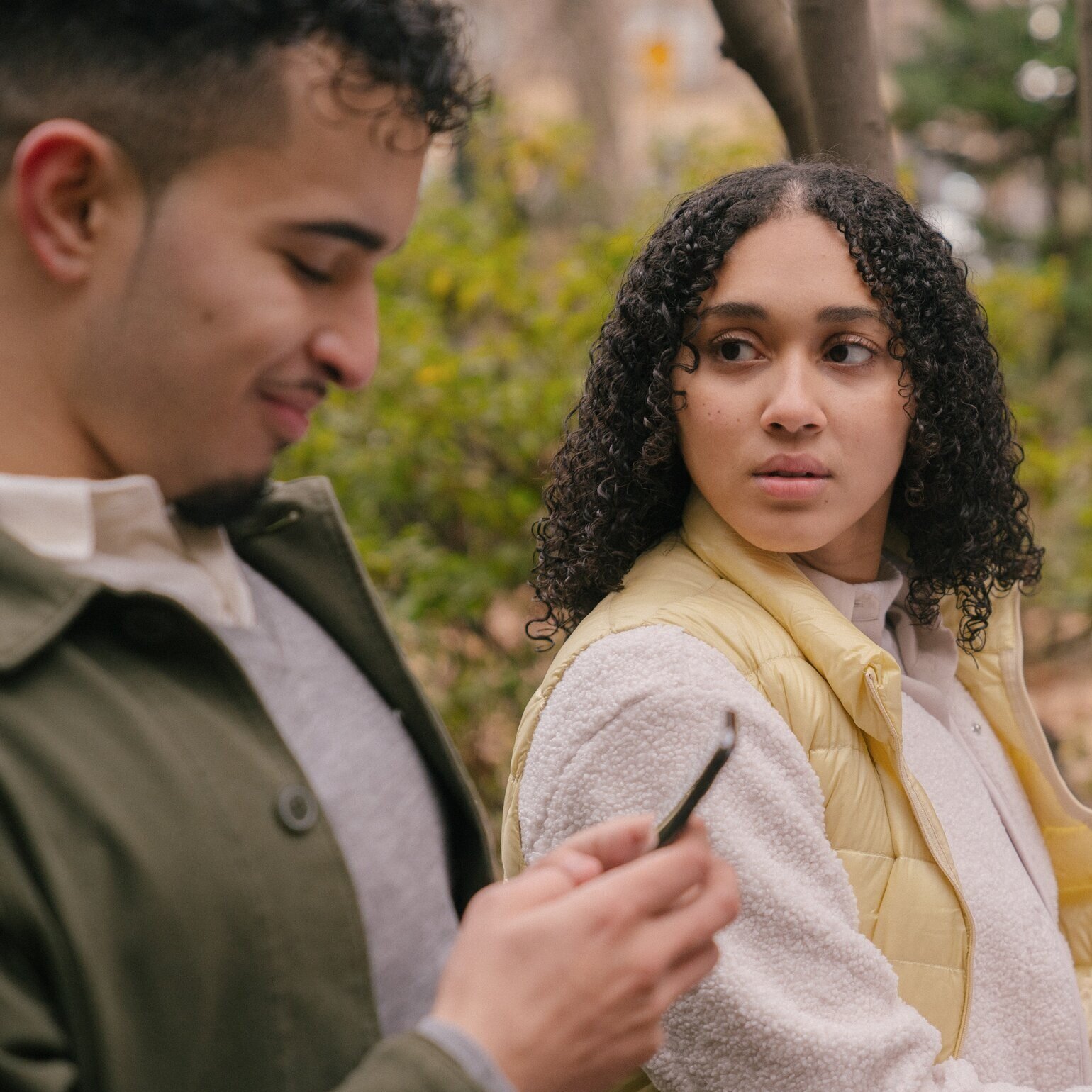
Toxic parents
We’re using the word “parents” here because it’s easy and we’re too lazy to type any more words!
We know not everyone lives with their parents. But everything on this page can be applied to parents and any other caregiver – foster parents, grandparents, aunts & uncles, legal guardians… whichever adults you live with.
Scroll down for more about dealing with parents who disagree…
When your parents argue…
Remember… whatever they’re arguing about, their disagreements are never your fault.
Dealing with parents who disagree…
Keep yourself safe.
It can be really hard listening to parents when they disagree, argue or fight – and you might not know how to respond when they do.
If you’re wondering what you can do to make your parents stop fighting, the answer is – nothing.
You can’t make another person do something, so it’s unlikely that you’ll be able to stop your parents from fighting. And trying to stop them might put you at risk.
What to do when parents are having a disagreement…
Things you can do…
Find a calm place to go to where you feel safe
Try to go somewhere away from where your parents are having a disagreement
You could go to your room or to a neighbour’s house
If you have younger brothers or sisters, take them with you
Have your safety plan ready to look at and follow
Know when to call 999
If you don’t feel safe – if your parents are threatening to hit or hurt each other, or if someone else is getting hurt – get to a safe place and call the police.
Talking about your parents’ disagreements…
Keeping safe at home
Sometimes parents or caregivers don’t know you can hear their arguments – or realise how upset you are.
When this is happening in your house, you’ll need help to feel safe at home.
Think about who you have a good relationship with and who you feel safe to talking to.
It could be a teacher or another adult at school, a grandparent, relative or a friend’s parent.
If you can’t think of someone, you can always call Childline: 0800 111
Safety planning
Have a chat with your safe person to help you to come up with a safety plan.
In your plan you might include:
You & your safe adult talking to your parents when they’re calm to let them know how you feel
What you can do to stay safe
People who can help you and your family to feel safe.
KEY MESSAGES
It’s not ok for anyone to hurt or frighten you or anyone in your family.
It’s always ok to tell someone you trust if you’re worried or frightened.
It’s always ok to keep yourself safe if you’re afraid.
More about healthy, unhealthy & toxic relationships…
Healthy relationships
Healthy relationships are built on mutual respect, trust, good communication and individuality. Find out more here.
Unhealthy relationships
Unhealthy relationships involve things like disrespect, distrust, miscommunication and co-dependence. Find out more here.
Toxic relationships
Toxic relationships are often dominated by controlling, manipulative and coercive behaviours. Find out more here.








